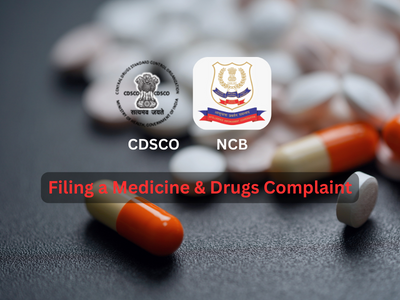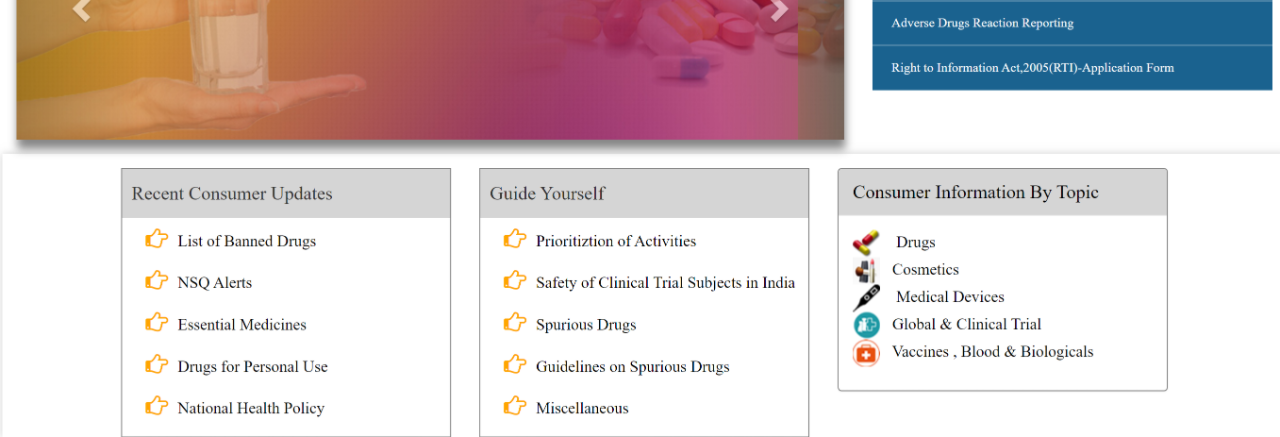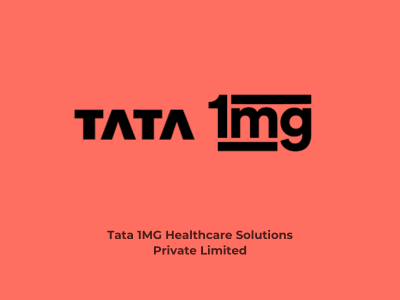
We understand how important it is for you to have access to safe and effective medications and drugs that can improve your health. If you ever experience any difficulties with a medication, such as adverse reactions, quality concerns, or misleading labelling, we want you to know that we’re here to help.
In India, we have well-established procedures in place to report and address these issues, and we’re committed to holding pharmaceutical companies accountable for any lapses in their responsibility to you.
Understanding the Concerns
Before initiating a complaint, you need to grasp the types of problems that warrant reporting:
- Adverse Drug Reactions (ADRs): Unintended and harmful side effects experienced after taking a medication.
- Substandard Quality: Issues like contamination, incorrect ingredients, insufficient strength, or improper packaging.
- Counterfeit Drugs: Fake medications that may contain harmful substances or have no active ingredients.
- Misleading Claims: False or exaggerated information about a drug’s effectiveness or safety.
- Ethical Breaches: Unethical marketing practices, price gouging, or other practices that violate patient rights.
Steps to File a Medicine or Drug Complaint
Filing a complaint against a pharmaceutical company in India is a structured process that involves multiple steps and authorities. We have detailed the procedure, including escalation and final options available to consumers.
Step 1: Define Medicine Problem
The first step is to identify the issue with the medicine or drug. This could range from adverse side effects, inefficacy, pricing discrepancies, or quality concerns.
Step 2: Documentation
Submit all necessary documentation, including a detailed account of the issue, any correspondence with the pharmacy and manufacturer, and supporting evidence. These include:
- Medication Details: Name, batch number, expiry date, manufacturer information.
- Nature of the Problem: Clear description of the issue (ADR, quality defect, etc.).
- Supporting Evidence: Doctor’s prescriptions, medical reports, the remaining medicine, and packaging.
Step 3: Contact the Pharmacy or Hospital
In case you face any issues with a medication you have purchased, it is recommended that you first contact the place where you made the purchase, such as the pharmacy or hospital. They might be able to assist you with resolving the issue or provide you with further guidance on what you should do next.
It is essential to keep records of all communications you have had with them, including the date and time of the conversation, the name of the person you spoke with, and the contents of the conversation.
Additionally, you should keep a record of any evidence such as bills, prescriptions, or medicine packaging that might help to provide context to the situation and help you in case of any further issues.
Step 4: Report to Pharmaceutical Company
If the issue is not resolved at the pharmacy level, the next step is to contact the drug manufacturer directly. Major pharmaceutical companies in India include Sun Pharma, Divi’s Laboratories, Dr. Reddy’s Laboratories, Cipla, and Biocon.
You can use these methods for filing a complaint or available options:
- Written Format: Provide a clear description, supporting evidence, and your contact details.
- Mode of Submission: In person, by post, email, or using online complaint forms on the relevant websites.
Must provide supporting documents and images of drugs and medicine to the company
Step 5: Approach Regulatory Authorities
If the response from the manufacturer is unsatisfactory, escalate the complaint to the appropriate regulatory authority. In India, this includes:

- Central Drugs Standard Control Organization (CDSCO): The CDSCO is responsible for the approval of drugs and ensuring their safety, efficacy, and quality. You can lodge a grievance against the company as a consumer.
- Narcotics Control Bureau (NCB): For issues related to narcotics and drug trafficking.
- State Drug Controllers: Each state has a drug controller responsible for overseeing the sale and distribution of medicines within their jurisdiction. You can also report to the respective state drug controller.
- Food Safety and Standards Authority of India (FSSAI): For complaints related to foods, supplements, and nutrition products.
- Indian Medical Association (IMA): The IMA can raise concerns with regulatory bodies and advocate for patient rights.
Step 6: Filing a Formal Complaint
In case of any grievances related to overpricing or quality of medicines, there are two mechanisms available for resolution.
- National Consumer Helpline (NCH): The first is the Integrated Grievance Redressal Mechanism (INGRAM) using the National Consumer Helpline (NCH) portal, which is a platform established by the government to address complaints related to the pharmaceutical industry. Through INGRAM, consumers can file their complaints directly with the National Pharmaceutical Pricing Authority (NPPA), which is responsible for monitoring and regulating the prices of medicines in India.
- Consumer Commission (E-DAAKHIL): If the grievance is not addressed satisfactorily through INGRAM, consumers can approach the consumer courts under the Consumer Protection Act. These courts have the power to investigate complaints and award compensation to consumers who have been affected by unfair trade practices.
The Consumer Protection Act provides for a simple and speedy procedure for resolving disputes, and consumers can file their complaints with the court either in person or through an authorized representative.
Approach Consumer Forum
If the complaint is not resolved at the lower levels, it can be escalated to the respective consumer commission as follows:
- District Level: Approach the district consumer disputes redressal forum.
- State Level: Escalate to the state consumer disputes redressal commission.
- National Level: As a last resort, approach the National Consumer Disputes Redressal Commission.
You can also use online portals such as the Consumer Online Resource and Empowerment Centre (CORE) and the Online Consumer Mediation Centre (OCMC) for filing and tracking complaints.
Final Options
The final options for a consumer (if not satisfied with the above authorities) include:
- Mediation: Before going to court, consider mediation as a way to resolve the dispute with the company.
- Public Interest Litigation (PIL): If the issue affects the public at large, a PIL can be filed in the High Court or the Supreme Court.
- Whistleblower Protections: If the complaint involves a larger public health concern, whistleblower protections are available under Indian law.
Legal Action: If all else fails, legal action can be taken against the company. Engage a lawyer who specializes in consumer rights and prepare for a court case.
Major Medicine and Drugs Companies
These are some of the major medicine and drug companies in India that manufacture prescription medicines, Active Pharmaceutical Ingredients (APIs), generic drugs, and over-the-counter products:
- Sun Pharma.
- Divi’s Laboratories.
- Dr Reddy’s Laboratories.
- Cipla
- Biocon
When it comes to filing a complaint against a medicine or drug company in India, it is important to follow a multi-tiered approach, which may involve starting from the point of purchase and potentially escalating to legal action.
To ensure that the grievance is addressed as per your expectations, must try to maintain detailed records and follow the prescribed steps.











